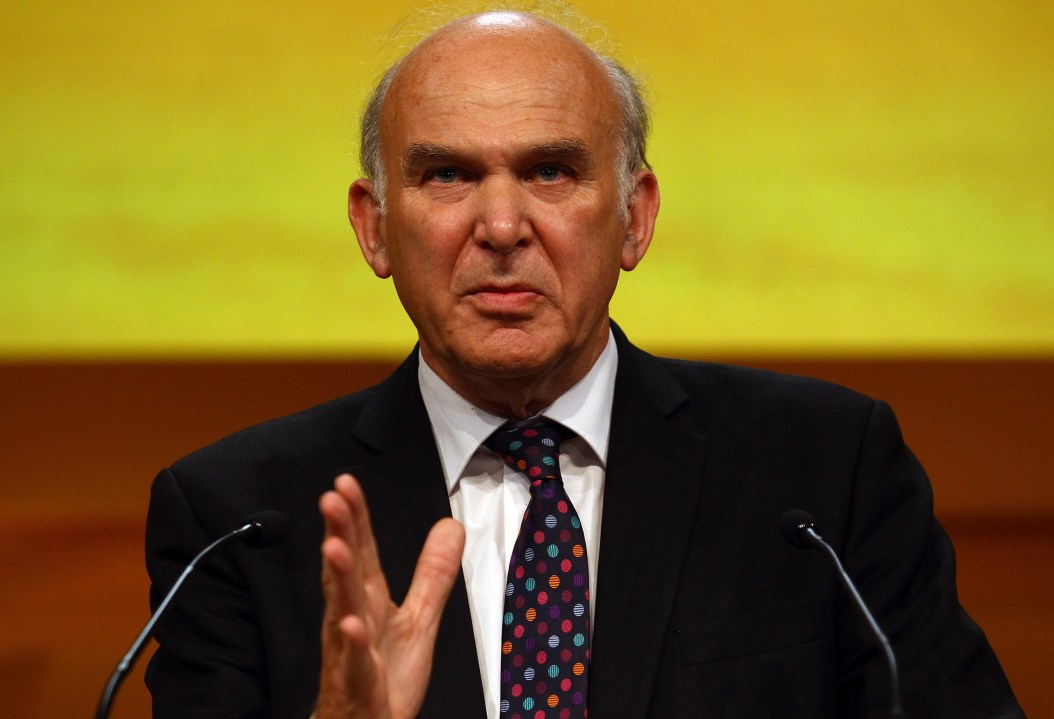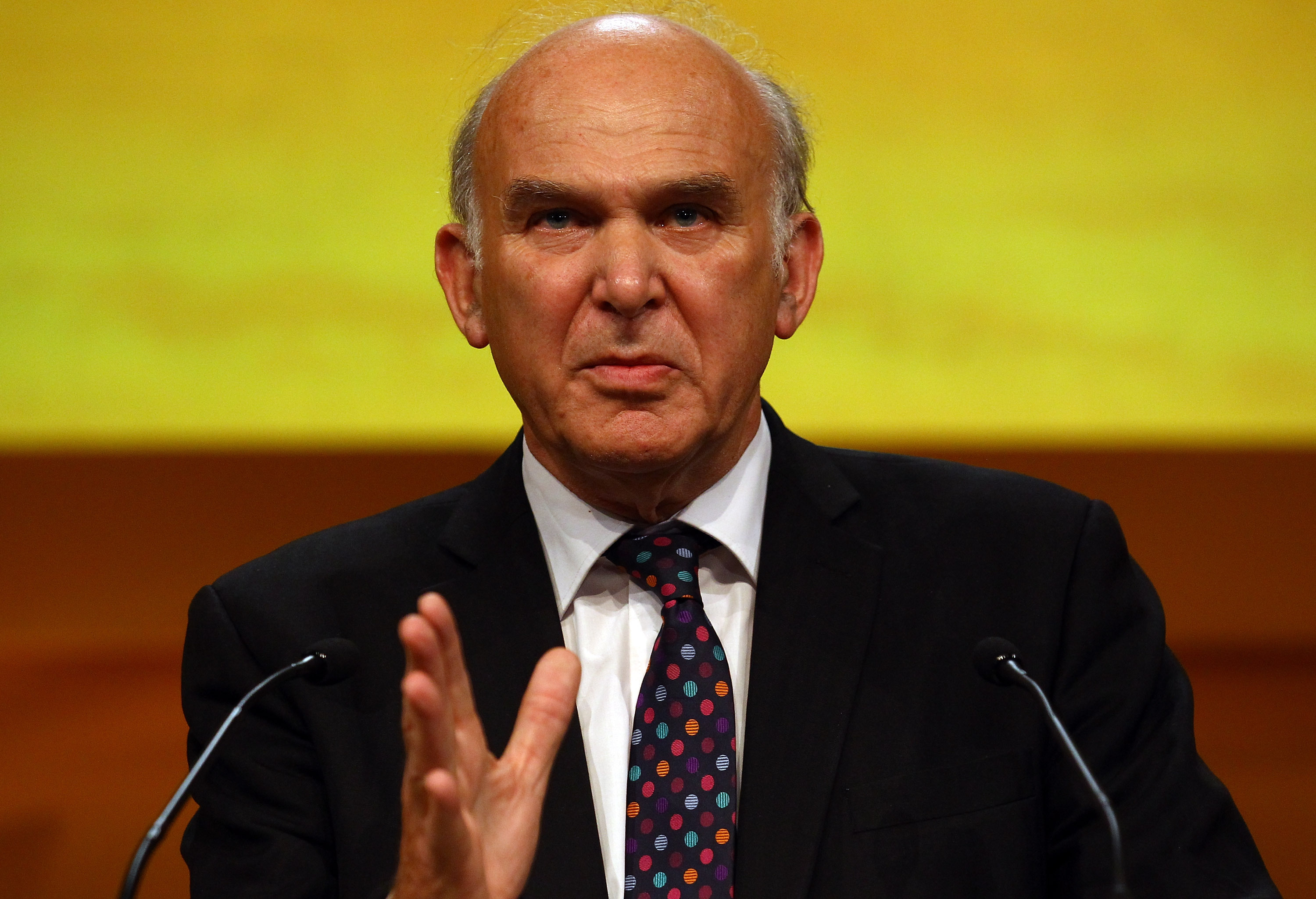If you were in a particularly soggy mood, you’d almost feel sorry for Chuka Umunna. He’d managed to force Vince Cable into the House this afternoon, to announce the coalition’s plans for curbing executive pay a day earlier than planned, and he must have been feeling pretty swell about it. This was, on paper, the initiative seized; a chance to prise open the Business Secretary’s differences with his Tory colleagues. But, in practice, it was something completely different. In practice, Cable dispatched his opponent with ruthless ease. You might even have found yourself in the unthinkable position of cheering him on.
A large part of it was Umunna’s petty, needling set of questions. But it’s telling just how much Cable was aided by Labour’s own record in this area, or what I called Miliband’s ‘proximity problem’ last week. And so when Umunna said that the government ‘hasn’t gone far enough’, Cable was able to reflect that ‘we have just emerged from twelve years of Labour government, when they could have done something.’ Continuing the theme, he cited New Labour’s ‘prawn cocktail offensive’, their relaxed attitude about the filthy rich, and their knighthood for Fred Goodwin. And he even had some numbers to back him up: when Labour came to power executive pay was 46 times greater than average; when they left power it was 120 times greater.
Fairly blunt, even cheap, politics — but it worked effectively in the Commons today, even against a member of Labour’s 2010 intake. All governments like to point out the shortcomings of their predecessors, but this government is particularly eager to do it in the case of executive excess. It is, they sense, one of Miliband’s main weaknesses, and they’re going to keep pummelling it.
As for the actual policies that Cable announced, there was nothing of any surprise. He’s going to implement ten of the High Pay Commission’s twelve recommendations, most of which revolve around making companies’ executive pay structures more transparent, or upholding the powers of shareholders. The main question mark, as I see it, is whether this actually eventuate any change. As Cable put it himself, ‘Lasting reform depends on more active shareholders and responsible businesses doing more to push the agenda forward.’ That admission may be some solace for those Tory backbenchers concerned about Vince’s designs — as well as for Chuka Umunna.







Comments